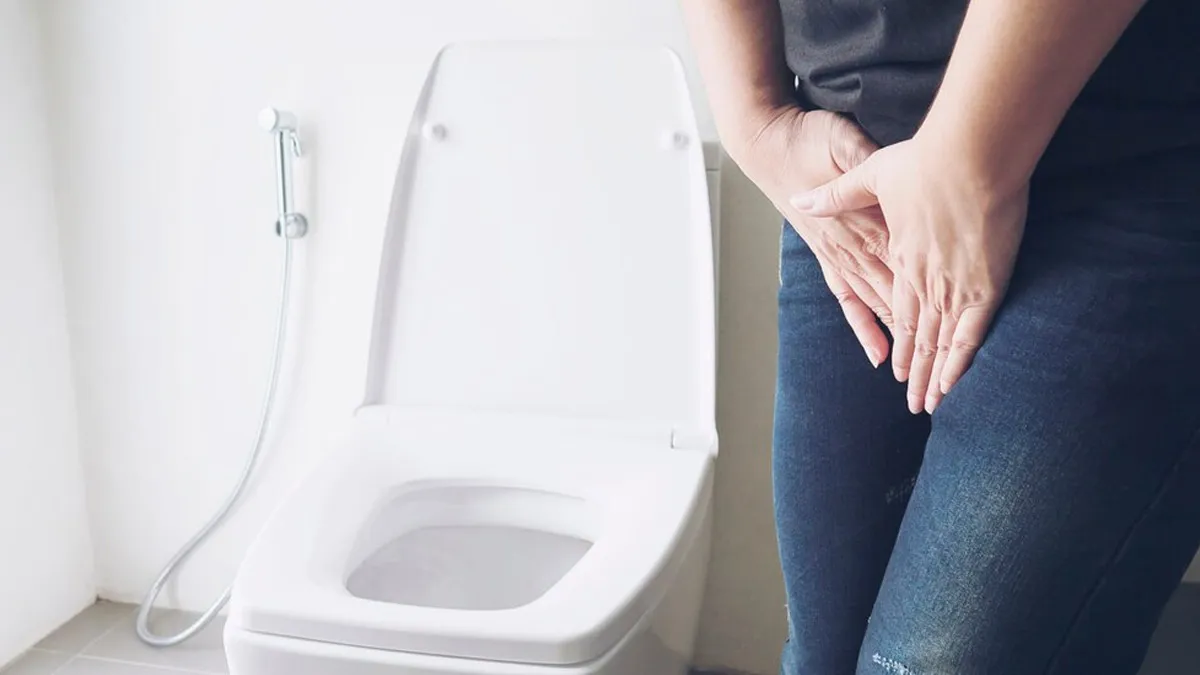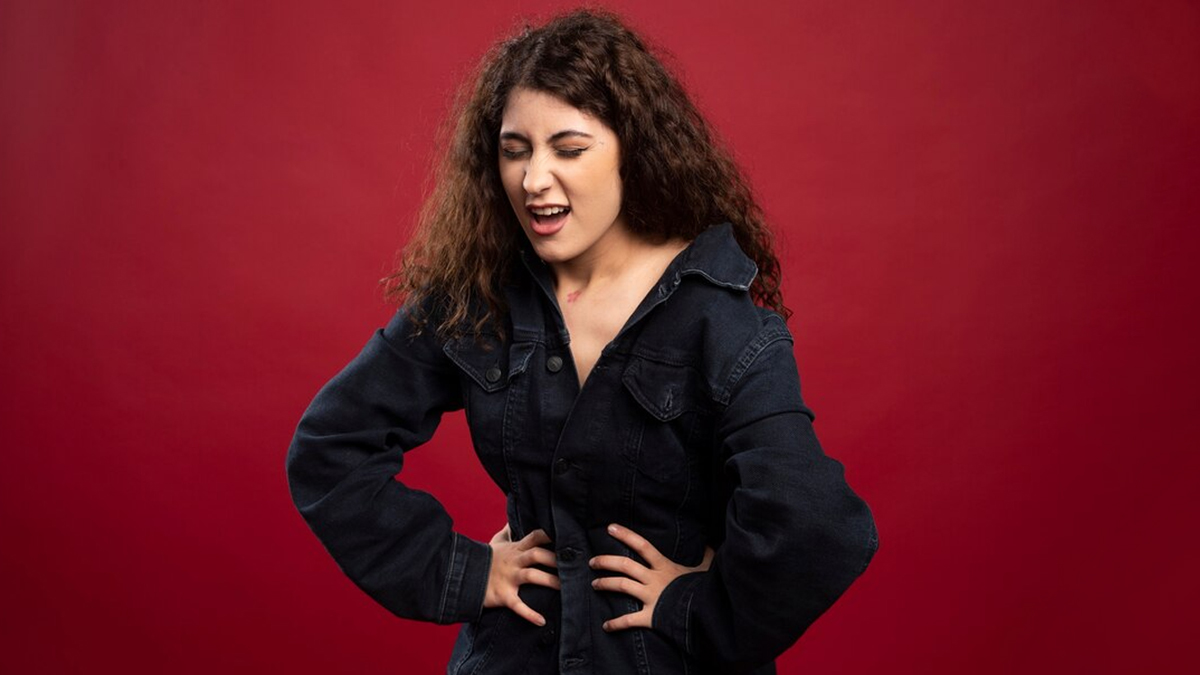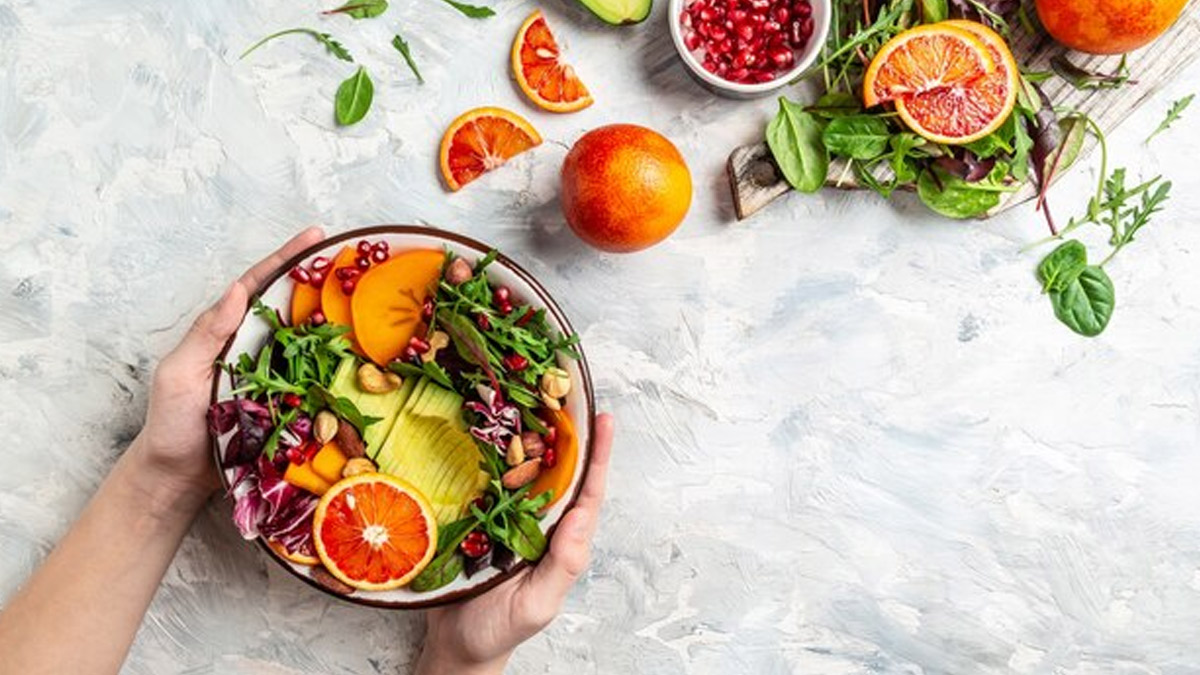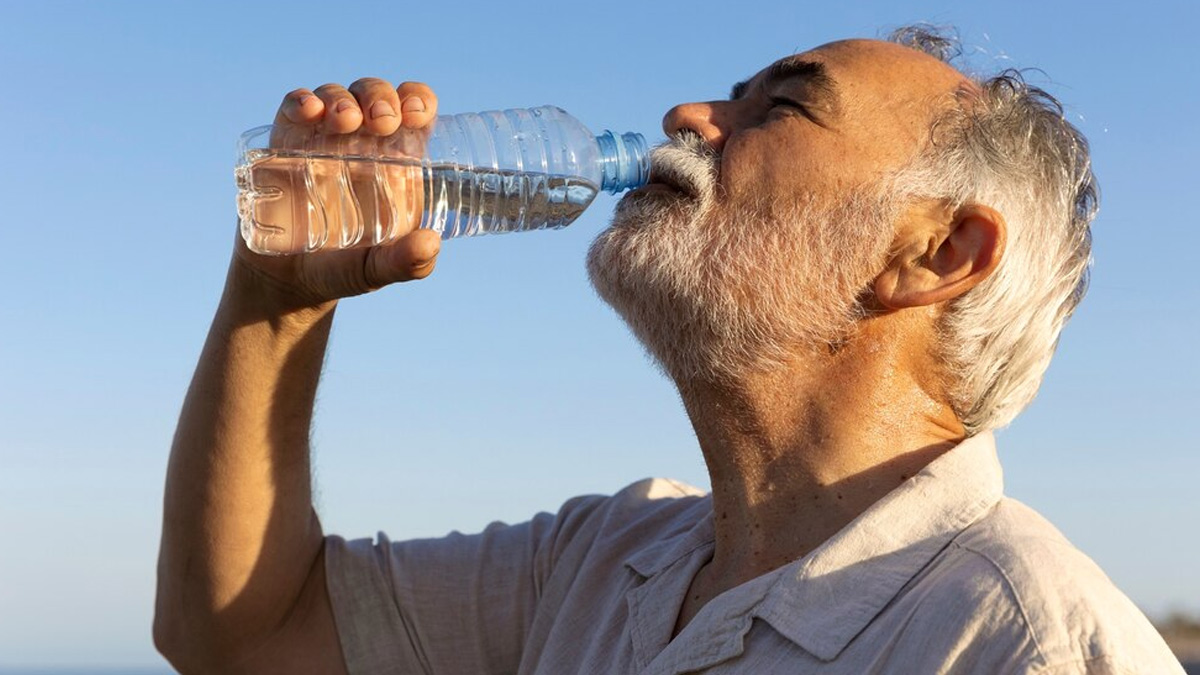
Your bladder is a part of the urinary system where the urine is stored. It expands and relaxes to store urine, whereas it contracts to release it out of the urethra. An average person urinates 4-8 times in a day with a normal functioning bladder. However, there are times when the bladder may become overactive, leading to a number of symptoms, especially a frequent and sudden urge to urinate. More worrying symptoms include unintentional urine leakage, also called incontinence.
Table of Content:-
While factors such as abdominal trauma, infection, nerve damage, and medications can increase a person's risk of overactive bladder, your diet preferences may also influence your risk. In an interaction with the OnlyMyHealth team, Dr Dheera Samdariya, Consultant Urogynaecologist, Jaslok Hospital and Research Centre, Mumbai, discusses common bladder irritants, particularly foods and drinks that people should avoid.
Also Read: Menstruation And Bladder Control: What Every Woman Should Know
What Is An Overactive Bladder?

Dr Samdariya defines overactive bladder as a condition characterised by frequent visits to the toilet, sometimes accompanied by urine leakage. Common symptoms include a sudden, urgent need to urinate, frequent daytime urination, and/or waking up more than once at night to urinate.
Interestingly, these symptoms can arise even when the bladder isn't full. Some people may experience loss of bladder control, which can result in urine leakage, also known as ‘urge incontinence.’ This is believed to be caused by detrusor overactivity, where the bladder muscle contracts involuntarily during the bladder-filling phase. Dr Samdariya explains that this overactivity can be secondary to neurological disorders, bladder abnormalities, or changes in the bladder microbiome, or it can be idiopathic, which means of unknown cause.
According to StatPearls Publishing, the prevalence of urinary incontinence differs with age and obesity. Other factors that are linked to urinary incontinence of different subtypes include previous hysterectomy or pelvic surgery, parity, pulmonary disease, diabetes mellitus, dementia, or residing in a nursing home, the research notes further.
Common Bladder Irritants (Foods And Drinks To Avoid)
In order to manage an overactive bladder, it is important to understand its causes or irritants for that matter. "A bladder irritant is any food, drink, or medication that causes the bladder to be irritated. Irritation can cause an increase in urine frequency (needing to urinate more often than normal), urgency (the sense of needing to urinate), bladder spasms, and even bladder pain," describes Dr Samdariya.
According to him, the most common bladder irritants include:
- All alcoholic beverages
- Cigarettes/Tobacco
- Cola drinks
- Tea and coffee
- Artificial Sweeteners
- Chocolate
Other possible irritants include:
- Fruits (and their juices): cranberries, grapes, oranges, lemons, peaches, pineapple, plums, apples, and cantaloupe
- Vegetables: onions, tomatoes, chillies, peppers
- Milk/dairy: Aged cheese, sour cream, yoghurt
- Grains: Rye and sourdough breads
- Seasonings: Spices and spicy food, especially peppers; acidic foods and beverages; walnuts and peanuts; vinegar
Dr Samdariya recommends starting off by eliminating, or at least cutting down on, the top seven irritants: coffee, tea, cola drinks, chocolate, alcohol, artificial sweeteners, and cigarettes.
"One should allow at least two weeks without the food or drink before noticing any change in your bladder control. The proof that the food or drink is causing irritation is the frequency and urgency that returns when the food or drink is restarted," he adds, suggesting that one can switch to the substitutes, including herbal tea without citrus, weakly brewed tea melons (except cantaloupe), decaffeinated drinks, white chocolate, pine nuts, almonds, or cashews.
Also Read: Urologist Insights: How To Strengthen Bladder Control In Older Adults
Dietary Changes To Manage An Overactive Bladder (& Foods To Eat)

Just as there are bladder irritants, there are also foods that are bladder-friendly. The key is to know which foods are more likely to irritate your bladder and which ones are more likely to soothe it. Some of the foods that help keep your bladder in good shape include:
- Pear
- Banana
- Green beans
- Winter squash
- White or sweet potatoes (yams)
- Lean proteins like low-fat beef, pork, chicken, turkey, and fish
- Whole grains like quinoa, rice, and oats
Hydration Is Key

According to Dr Samdariya, the best beverage for your bladder is water. "Many people who have an overactive bladder reduce the amount of liquids they drink, hoping they will need to urinate less often. While less liquid through the mouth does result in less liquid in the form of urine, the smaller amount of urine may be more highly concentrated and thus, irritating to the bladder surface and not an effective overactive bladder treatment," the doctor highlights.
He therefore recommends patients maintain adequate hydration by having six 8-ounce glasses or 30 mL/kg body weight per day (minimum of 1500 mL/day) unless other medical comorbidities preclude this.
Some possible times when fluid restriction could be helpful include when toilet access is limited and in the hours leading up to bedtime to decrease nocturia.
For patients who have increased overnight urine production owing to retained fluid during the day and fluid mobilisation at night, behavioural modifications, such as wearing support stockings or elevating the lower extremities during the day, can be helpful to mobilise this fluid before bedtime, concludes Dr Samdariya.
Also watch this video
How we keep this article up to date:
We work with experts and keep a close eye on the latest in health and wellness. Whenever there is a new research or helpful information, we update our articles with accurate and useful advice.
Current Version